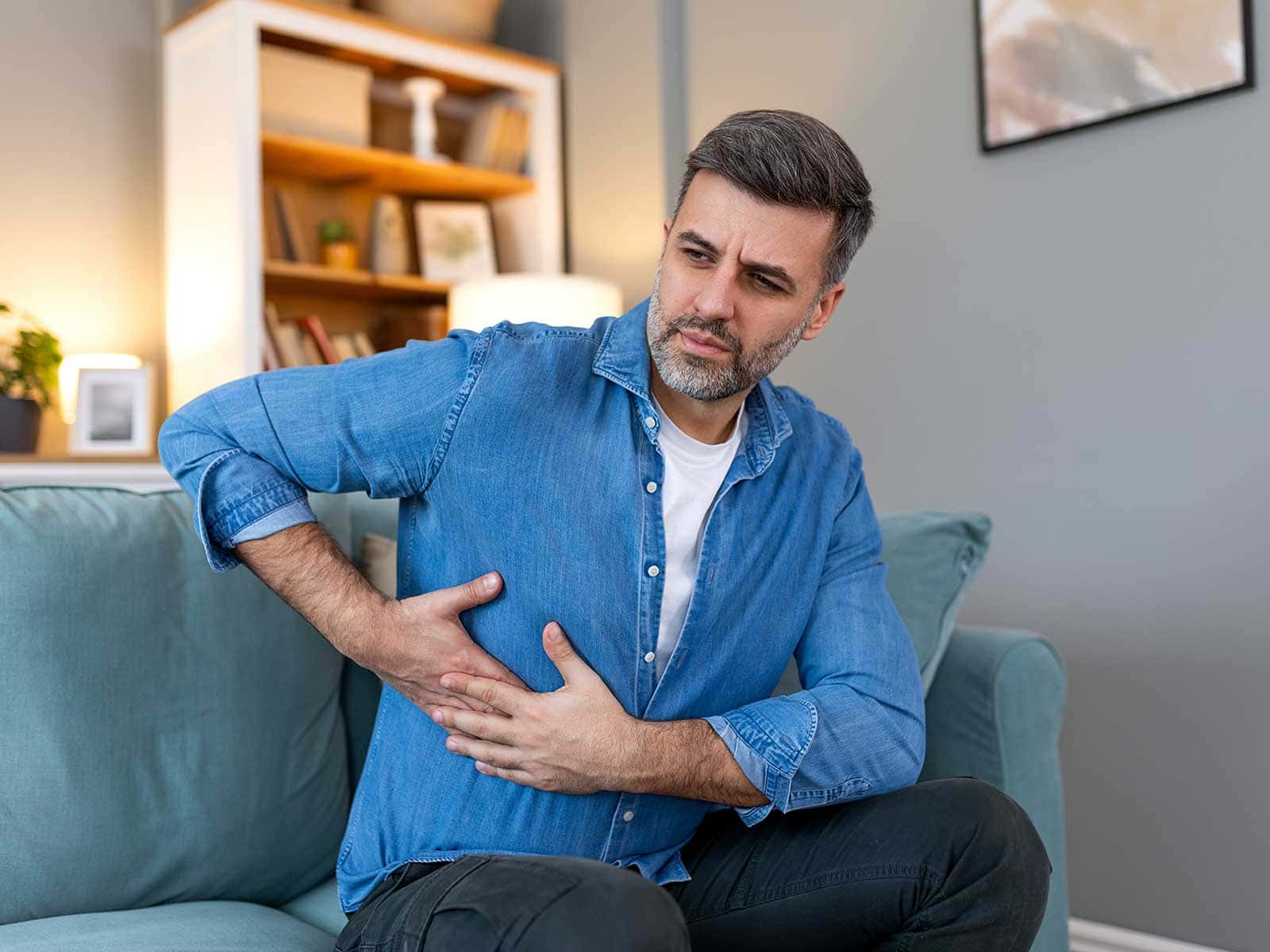
Pancreatic cysts are fluid-filled sacs that develop within the pancreas. They may range from small, simple cysts found incidentally on scans to larger, more complex cysts with a small potential for malignancy. Most cysts under 2 cm are harmless and cause no symptoms, though regular monitoring is sometimes necessary to prevent complications.
Most pancreatic cysts are asymptomatic, but when symptoms occur, they may include:
Pancreatic cysts can develop for various reasons. Common causes include:
With the foundation of our core values built on patient-centered care and complete pancreatic health solutions, GastroDoxs in Houston offers specialists skilled in diagnostics, imaging, and personalized treatment for pancreatic cysts. Our compassionate team supports you through every stage — from watchful waiting to minimally invasive procedures — to help you achieve lasting relief and peace of mind. Book your appointment online or call us at 832-632-4070 today.
We've successfully treated more than 1.5K patients, helping individuals improve their digestive health and overall well-being through expert, personalized care.
With over 20 years of experience, GastroDoxs has been a trusted provider of gastroenterology care, focusing on delivering the best outcomes for patients
Pancreatic cysts are fluid-filled sacs that develop within the pancreas. Some are harmless and simply require monitoring, while others may grow or become precancerous, requiring timely treatment.
The most common causes include pancreatic inflammation (pancreatitis), genetic disorders, ductal obstruction, abdominal trauma, or the presence of tumors.
Not always. Many small cysts under 2 cm are harmless and asymptomatic, but all cysts should be evaluated and monitored regularly to rule out potential complications.
Cysts smaller than 2 cm in diameter are usually classified as small. These often cause no symptoms and typically require only routine imaging follow-up.
Diagnosis is generally made through imaging tests such as CT scans, MRI, or endoscopic ultrasound, which help identify the cyst’s size, location, and characteristics.
The appropriate ICD-10 code for a pancreatic cyst is K86.3.
There’s no proven natural cure for pancreatic cysts. However, maintaining proper hydration, following a balanced diet, and using enzyme supplements as advised can help ease digestive symptoms.
Simple cysts typically do not impact life expectancy. However, complex or precancerous cysts should be treated early to prevent serious complications.
Yes. Medical journals and gastroenterology research publications provide detailed studies, risk assessments, and evolving management strategies for pancreatic cysts.
To consult a pancreatic cyst specialist in Houston, contact GastroDoxs to schedule an appointment with our expert team dedicated to advanced pancreatic care.